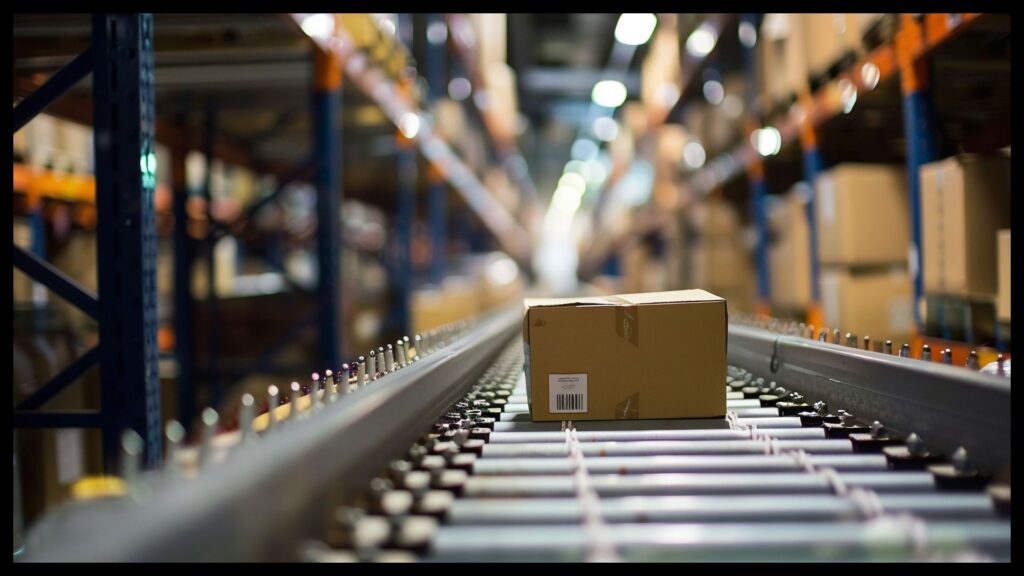Table of Contents Show
In the auto sector, efficient and lean supply chains are essential for staying at the top of the market. SAP software is the key to dramatically improving the way auto manufacturers manage everything from order entry to delivery last mile. Beyond just a technology overhaul, SAP enables genuine supply chain transformation. Integrated SAP systems do more than just simplify the supply chain process, they increase efficiency, reduce costs and scaling. Let’s take a look at how SAP improves supply chains for automotive to operate more smoothly from purchase order through customer receipt.
Order Processing
SAP can eliminate common process bottlenecks, such as manual data entry which causes delays and errors. SAP automatically validates data in real-time, which reduces the time to fulfill. When an order from a dealer arrives, for instance, SAP cross-checks inventory levels instantly and process the order accordingly, instead of being stuck in a line. This system provides dealers with up-to-date ETAs and provides customers with accurate expectations, resulting in greater satisfaction for all.
Inventory Management
The ability to keep inventory in line to demand is crucial, but challenging in the world of automotive. SAP provides real-time information on the inventory levels across all of the chain. With this information, automakers can improve their inventory levels — not more, and not less. This system is automatically calibrated to reordering points and production quantities to be in line with any sudden dips or spikes. This ensures that auto companies do not have to tie up capital, while also meeting the needs of the market.
Production Planning
By synchronizing manufacturing processes across different companies, SAP allows auto producers to plan their supply chain as an efficient machine. The automated scheduling prevents the chance of last-minute shortages, which can lead to expensive stoppages. Also, it allows for just-in time precision for parts with specific handling requirements or shorter shelf life. With all processes and suppliers running in sync, auto makers can manage efficient, zero-waste production cycles.
Logistics and Distribution
SAP brings a lot of transparency to the complex web of automotive parts and logistics. It improves the efficiency of transportation modes as well as freight costs and routing in order to facilitate smooth flow of supply chain. Automakers also have the ability to keep track of progress and quickly react to any delays that occur by monitoring the delivery in real-time. This is the key to timely, efficient delivery.
Supplier Relationship Management
Relationships with suppliers built on trust and performance are vital. SAP platforms facilitate collaboration by sharing information as well as contract management tools and transparency in metrics such as the quality of service and timely delivery. This connection helps auto makers and suppliers of component parts to align expectations and share accountability. If all the links in the chain are working in sync OEMs are able to maintain production on a massive scale without jeopardizing the quality of their products.
Customer Relationship Management
Beyond internal processes, SAP consolidates customer data and customer interactions into a unified CRM platform that automakers use. The 360-degree view of the customer allows for better and more timely sales and service experience. If automakers can anticipate the needs of their customers and problems, they can continuously improve their the offerings and loyalty programs to are a hit with customers.
Final Thoughts
SAP integrates revolutionary technology in the automotive supply chain, bringing connectivity as well as visibility and flexibility. However, unlocking SAP’s full potential requires specialized knowledge that is specific to the industry’s specific issues. Flexitie’s team Flexitie is a team of experienced SAP experts who specialize in the automotive field. Our experts can tailor SAP implementations to help transform automotive supply chains in line with modern needs. By utilizing Flexytie in partnership automakers can benefit from supply chains that are that are able to innovate and ensure future expansion in the event that SAP applications continue to evolve.

